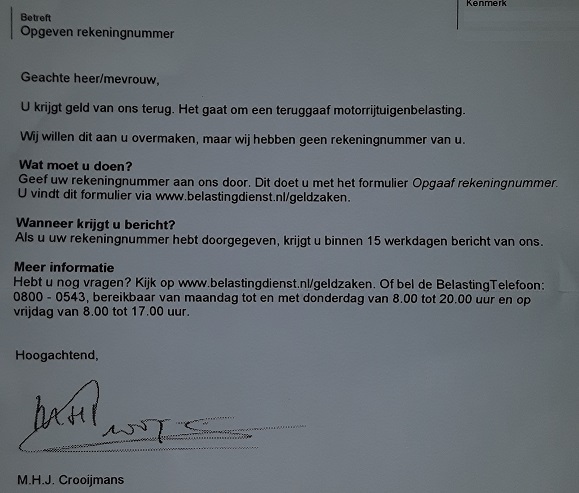Time to give some attention to the awkwardly titled story 51° 30′ 17.6″ N, 3° 28′ 59.2″ O 51° 30′ 20.7″ N, 0° 04′ 32.3″ W by Hein van der Schoot. This story is a good example both of what a writer can achieve through echoing content in form, and of how much a writer can get away with if the story itself is good.
In <Coordinates>, as I resorted to calling it, a new ice age—of perhaps even the end of the world through cold—is developing. Our protagonist decides to strap on his ice skates and traverse the frozen North Sea to England. His personal reasons nicely complement the external factors.
But this is not why the story stood out for me. What tickled me in this case was the rhythm of the prose—slow and steady, switching between two storylines on a regular beat—echoing the long, regular strokes of the long-distance ice skater. This makes the story almost a song or a poem, and adds a powerful non-verbal factor to its emotional impact.
For me, this aspect amply compensated for the uneven editing, uncertain grammar, and confused metaphors that would normally kill a story’s chances on the first page. Only goes to show that most so-called rules can be broken with impunity, if your storytelling is good enough.
This is part 3 of of a five-part series on Paul Harland Prize 2012 stories that I especially enjoyed, in no particular order. All they have in common is that they went on to be finalists in the Paul Harland Prize 2012 (and as such judged by the final jurors), and that I liked them.
Please note that these remarks reflect only my private opinion. I am in wholehearted agreement with the final line-up, the selection of winners, and the ranking of the finalists as the jury determined it.
